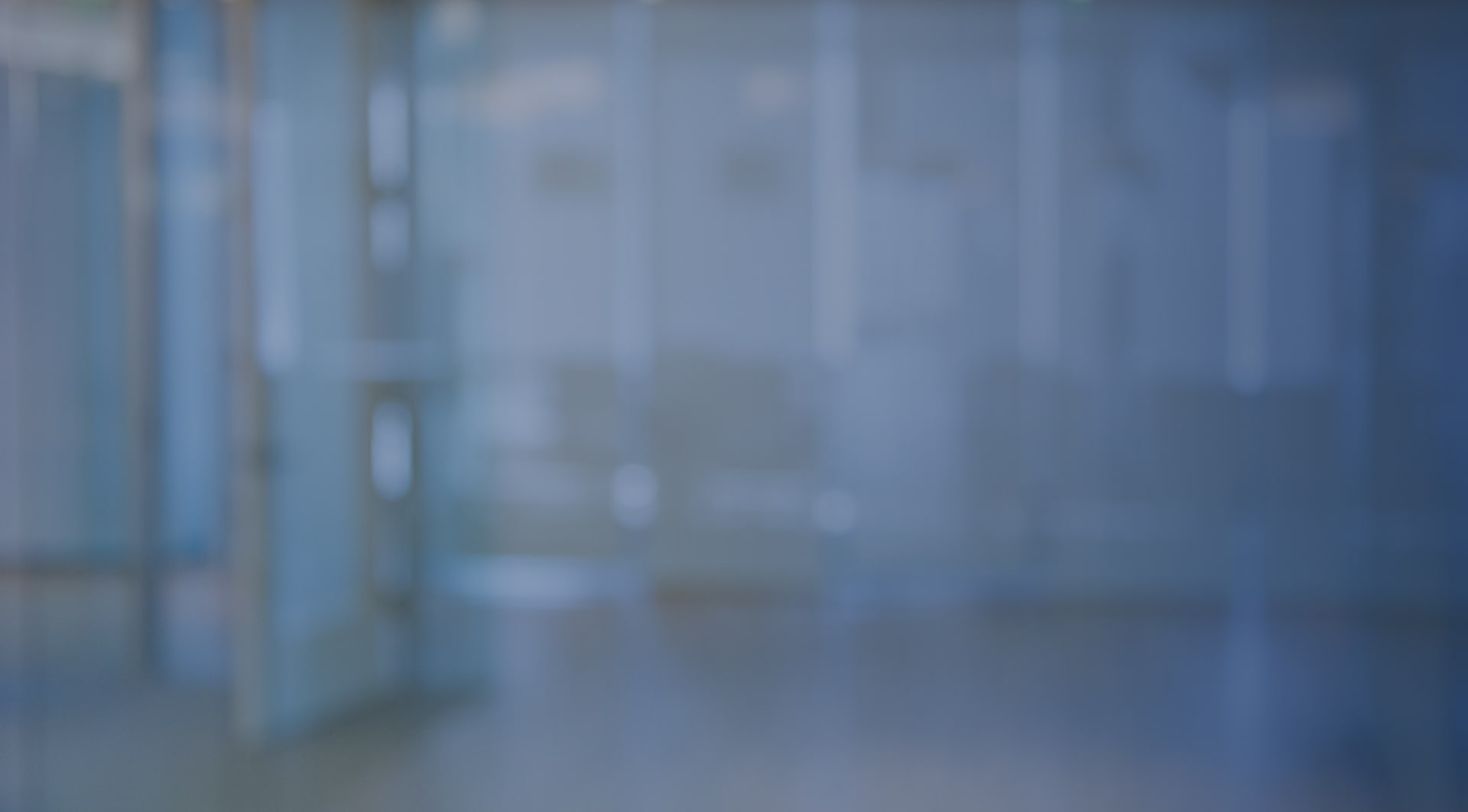
If you were in a car accident in areas like WV, VA, or MD and needed medical care—like an ambulance ride, a trip to the emergency room, or follow-up visits—you might wonder how to handle paying medical bills after an accident. The best option? Use your health insurance. You might also need to explore other options, such as filing a claim with the other driver’s insurance or using your car insurance’s medical payments coverage to help with the costs.
Why Use Health Insurance?
Many people hesitate when they hear this advice. They think, “Wait a minute, the other driver caused this wreck—why should my insurance have to pay?” That’s a fair question, but here’s why using your health insurance is the best strategy:
- Immediate Coverage – Your health insurance can start covering your bills immediately, preventing you from facing collections or financial stress.
- Comprehensive Care – From the ambulance and hospital visit to the ER doctors, radiologists, primary care physician, chiropractor, physical therapist, and even a surgeon if needed, your health insurance can help cover all these costs.
- Avoiding Out-of-Pocket Payments – Without health insurance, you may have to pay out-of-pocket or wait for the at-fault driver’s insurance to accept responsibility, which can take months or even years.
What About the At-Fault Driver’s Insurance?
The other driver’s insurance is supposed to pay for your medical bills, but this can take a long time. Insurance companies often investigate claims and may delay or argue about who is at fault. While you wait, you might have to pay medical bills, which could add up quickly.
Instead, your health insurance can immediately pay for your treatment, so you don’t have to wait for the care you need.
Will I Have to Pay My Health Insurance Back?
Yes, but only if you receive a settlement or a court award from the at-fault party. Health insurance companies often have a right to reimbursement or subrogation rights. This means that when you receive compensation for your injuries, a portion of that settlement may go toward reimbursing your health insurance provider.
Though frustrating, it’s best to avoid unpaid bills and financial strain during your case.
What If I Don’t Have Health Insurance?
If you don’t have health insurance, you still have options:
- MedPay (Medical Payments Coverage) – MedPay on your auto insurance can help cover medical expenses regardless of who was at fault.
- Letters of Protection (LOP) – Some medical providers will agree to treat you under an LOP, meaning they’ll wait to be paid until your case is settled.
- Negotiating with Providers – Some hospitals and doctors offer payment plans or reduced rates for uninsured patients.
Want to know more about what to do if you’re uninsured after a car accident? Check out our full FAQ on paying medical bills without health insurance .
The Bottom Line
The most important thing after a car accident is getting medical care. Paying medical bills after an accident is easiest when you use your health insurance. This helps you avoid stress from bills or delays. Later, if the other driver pays you back, you can reimburse your health insurance and move on without worry.
If you have any questions about handling medical bills after a wreck, our team is here to help. We’ll guide you through the process and make sure you’re taken care of every step of the way.
Looking for insights from our attorneys? Tune in to Andrew!

